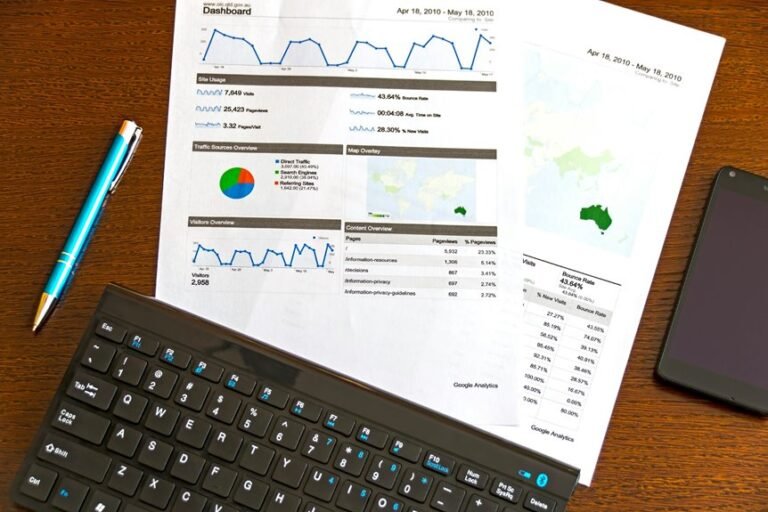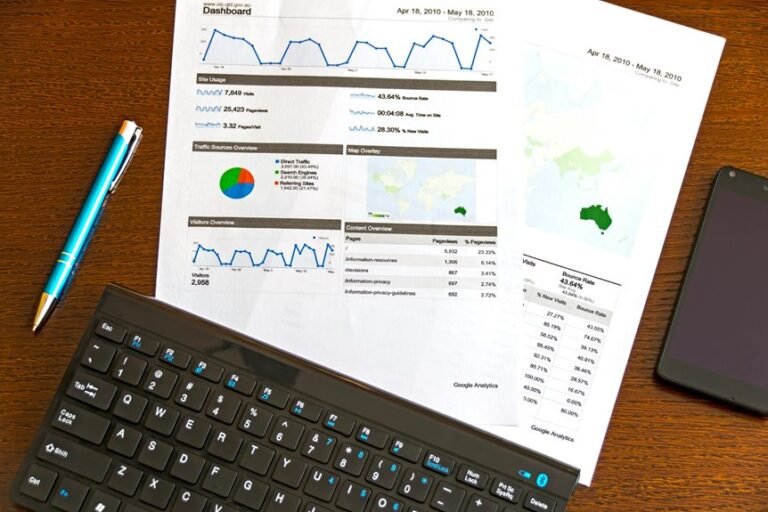3364386490: Real Estate Trends to Watch in 2025
As the real estate landscape evolves towards 2025, several significant trends are emerging. The shift to remote work is driving urban to suburban migration, with buyers seeking affordability and space. Concurrently, heightened climate awareness is fueling demand for sustainable properties. Additionally, smart home technologies are becoming critical in buyer decision-making. Understanding these trends will be essential for stakeholders navigating the complexities of the market in the coming years. What implications might these shifts hold for future investments?
The Impact of Remote Work on Housing Preferences
As remote work becomes increasingly normalized, its influence on housing preferences is expected to reshape the real estate landscape significantly.
This shift towards remote living catalyzes urban migration, as individuals seek more affordable and spacious homes outside metropolitan areas.
Data indicates that demand for suburban and rural properties is rising, reflecting a fundamental change in lifestyle priorities and the pursuit of greater autonomy and flexibility in living arrangements.
The Shift Towards Sustainable and Eco-Friendly Properties
With increasing awareness of climate change and environmental sustainability, the real estate market is witnessing a significant shift towards sustainable and eco-friendly properties.
Data indicates that demand for green building practices is surging, driven by consumer preference for energy efficiency.
As buyers prioritize environmentally responsible choices, developers are compelled to innovate, leading to a transformative landscape that champions sustainability and enhances overall living quality.
The Rise of Smart Home Technologies in Real Estate
The integration of smart home technologies is rapidly reshaping the real estate landscape, reflecting a broader trend towards enhanced convenience and security.
As automation advancements proliferate, properties equipped with smart home integration increasingly attract buyers seeking efficiency and control.
Data indicates that homes with such technologies can command higher prices, underscoring their growing importance in the market and the desire for modern living solutions.
Conclusion
As the real estate landscape evolves towards 2025, the interplay of remote work, sustainability, and smart technology will redefine buyer priorities. This transformation raises a pivotal question: are we merely adapting to change, or are we shaping the future of living itself? With a focus on affordability, eco-consciousness, and automation, the market will reflect not just the demands of today, but the aspirations of tomorrow, paving the way for innovative living solutions that truly resonate with modern lifestyles.






